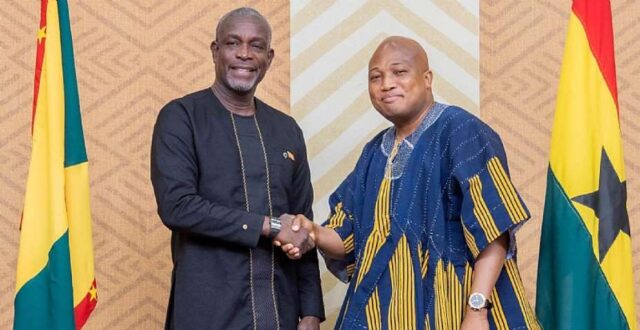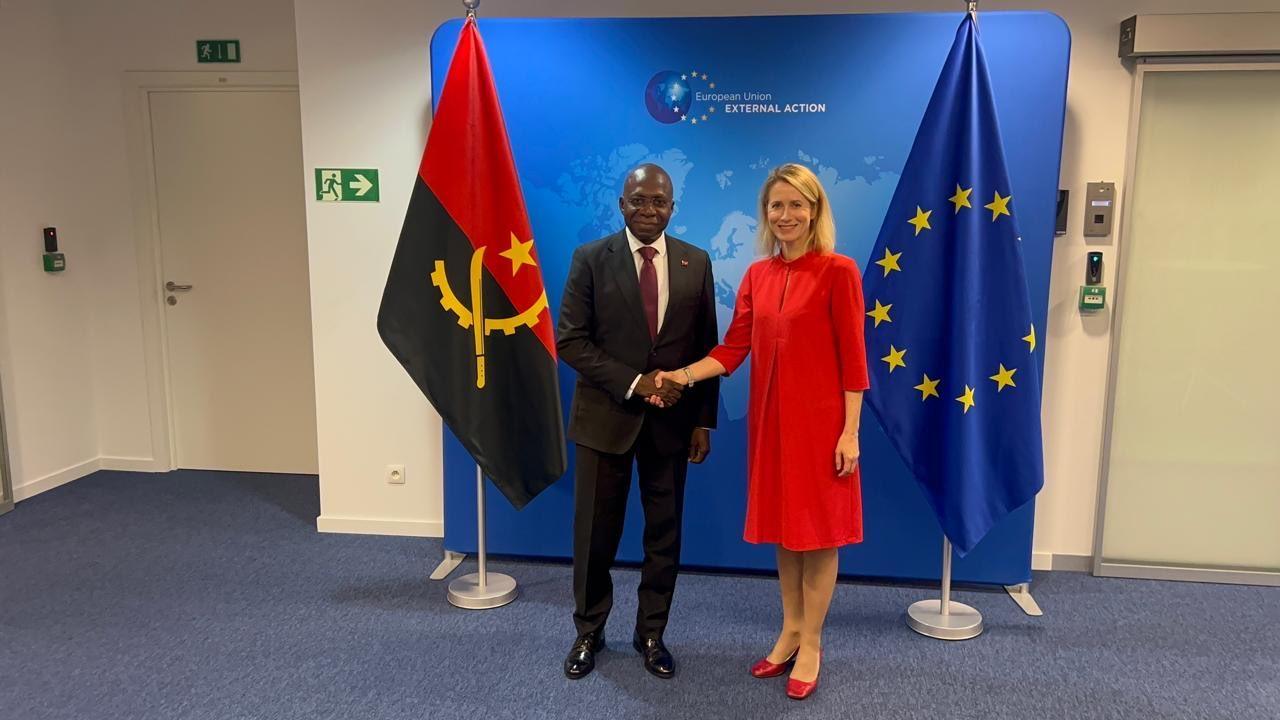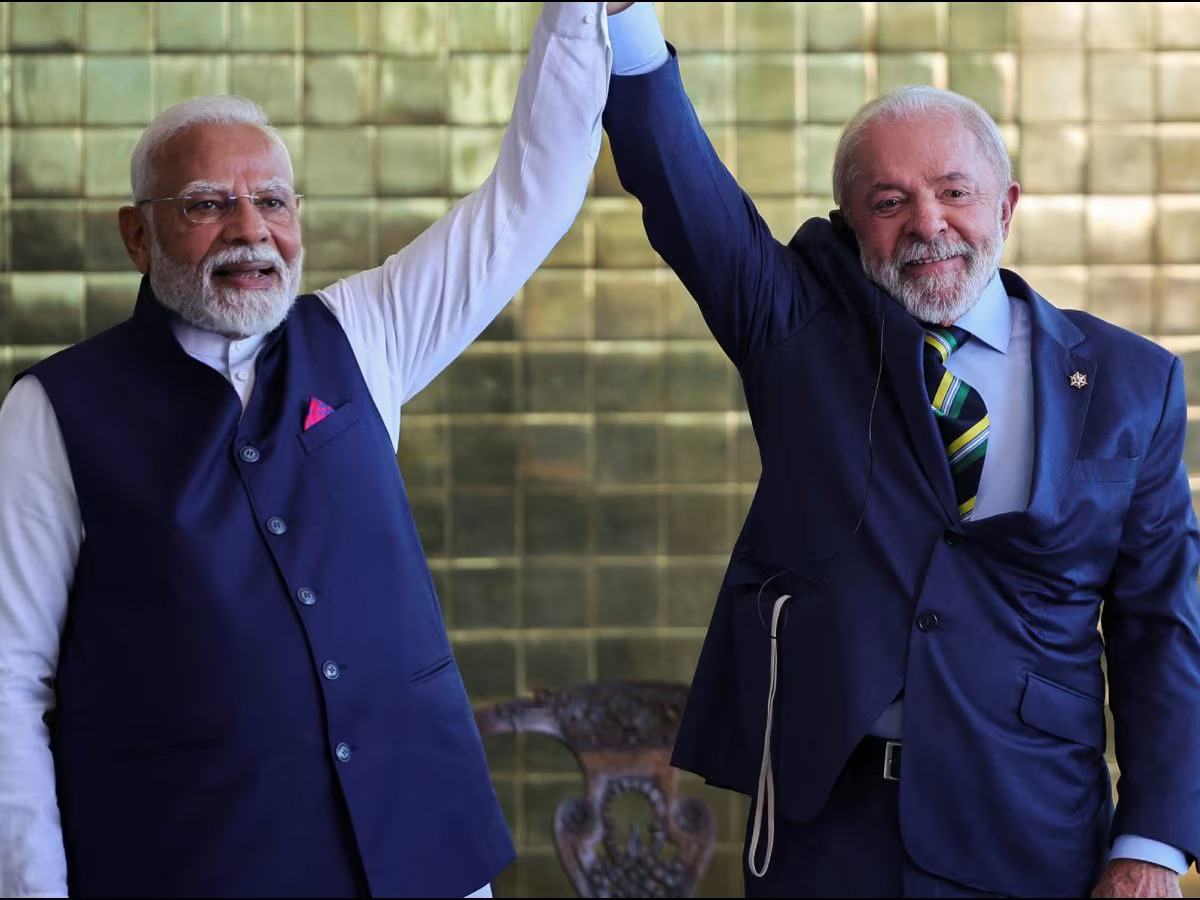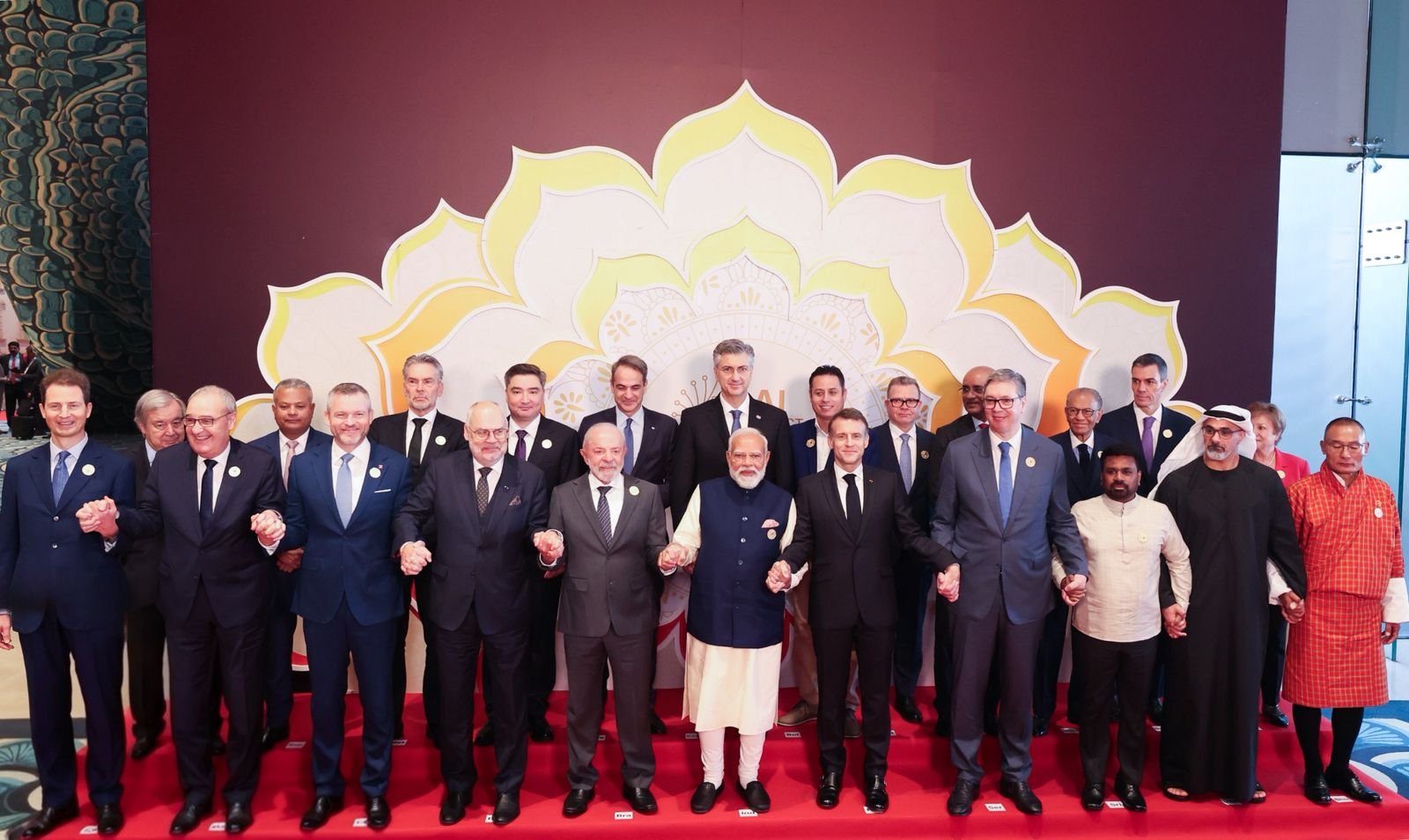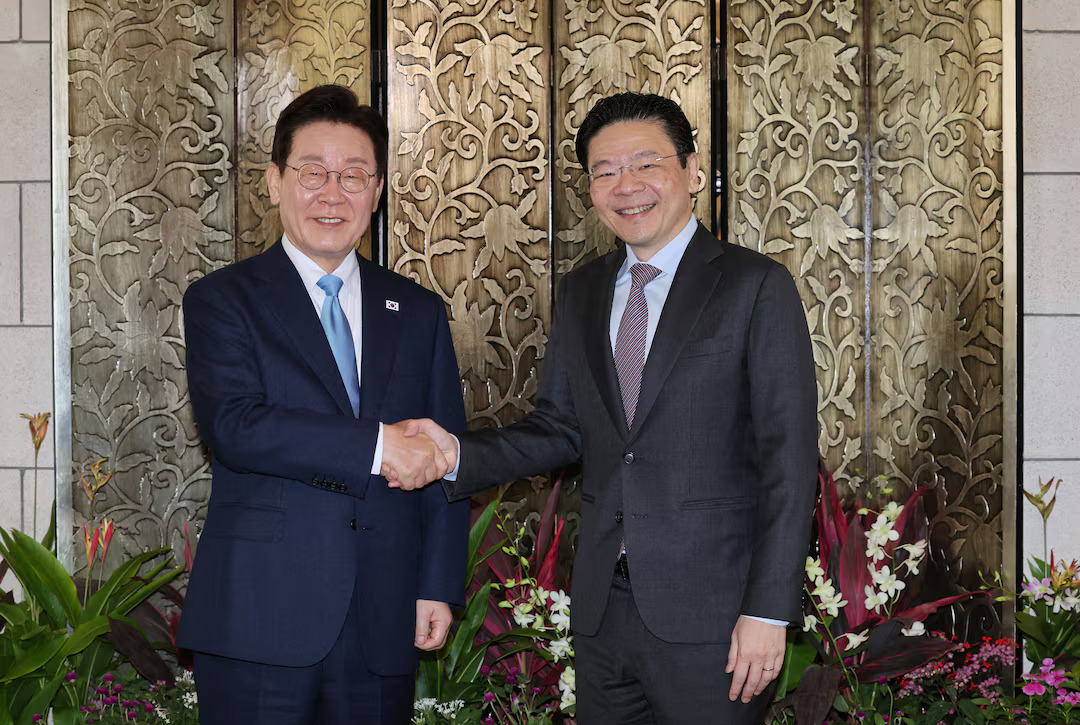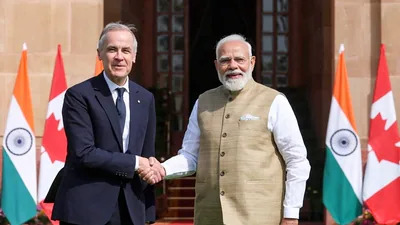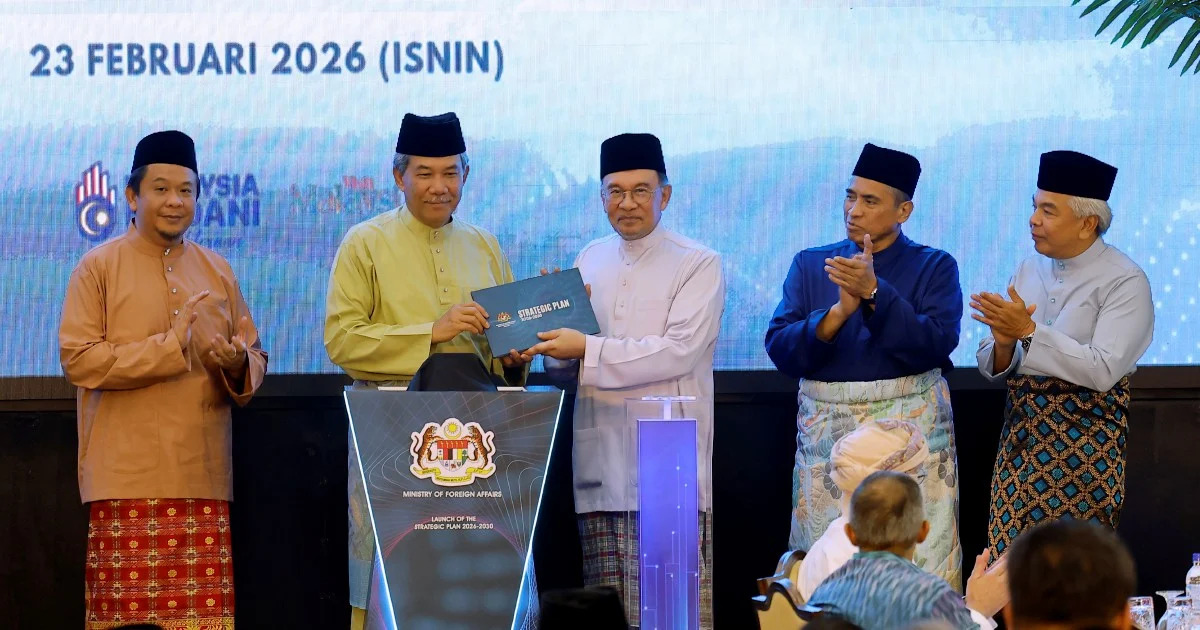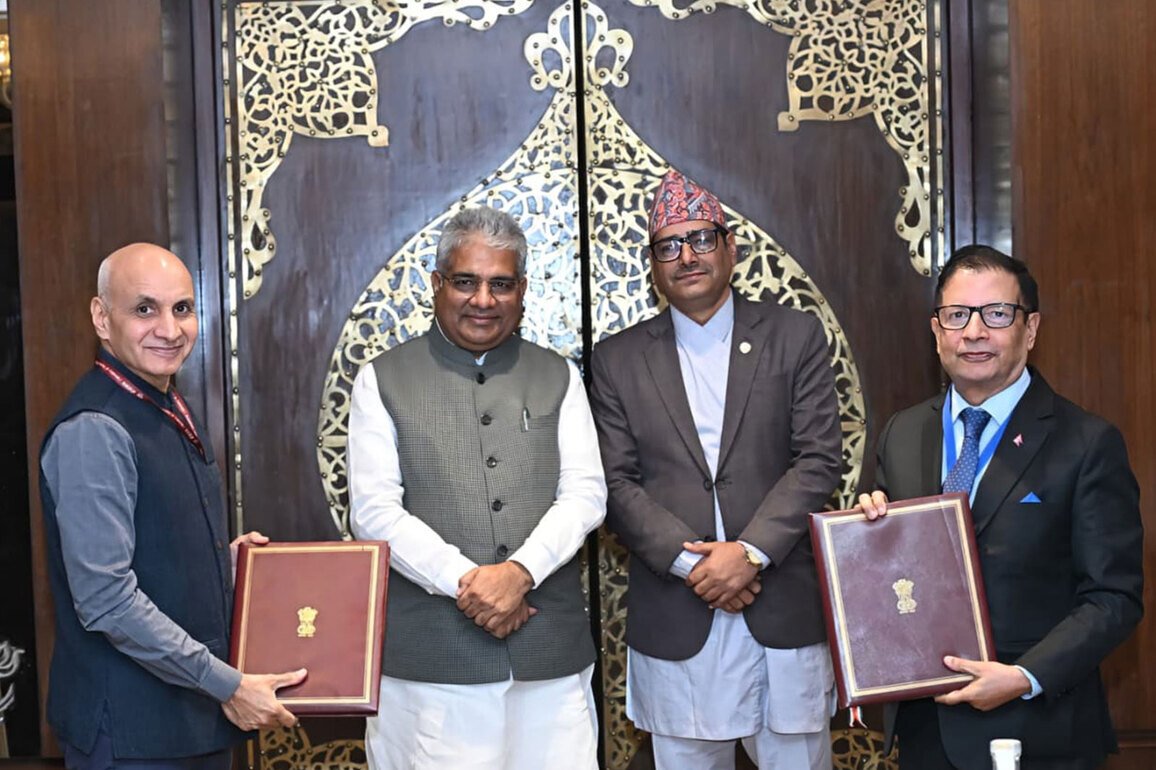Ghana and Grenada have reaffirmed their shared historical bonds and strengthened bilateral cooperation during the maiden Ghana–Grenada Political Consultation Meeting, held at the Ministry of Foreign Affairs and Regional Integration in Accra on 16th October, 2025,Thursday. The meeting, jointly chaired by Ghana’s Minister for Foreign Affairs, Samuel Okudzeto Ablakwa, and Grenada’s Minister for Foreign Affairs, Trade and Export Development, Joseph Andall, marked a significant step in the evolving partnership between Africa and the Caribbean. The consultations come ahead of the official two-day visit to Ghana by Grenada’s Prime Minister, Dickon Amiss Thomas Mitchell, who is expected to hold bilateral talks with President John Dramani Mahama and visit the Kwame Nkrumah Memorial Park.
Deepening Bilateral Cooperation
The discussions paved the way for broader collaboration in trade, education, health, and culture, building on the formal diplomatic relations established between the two nations in 2024. Both sides have since signed agreements covering visa waivers and cooperation in culture, education, and commerce—ushering in a new phase of Afro-Caribbean partnership. Mr Ablakwa described the consultations as a “timely and strategic framework” to review progress, explore new partnerships, and convert goodwill into tangible outcomes that would benefit citizens of both nations. He highlighted the positive strides made since the signing of the 2024 Memorandum of Understanding on Political Consultations, adding that both nations were poised to elevate cooperation in health, education, trade, tourism, and climate action.
Cooperation in Key Sectors
On healthcare, Mr Ablakwa welcomed Grenada’s initiative to recruit Ghanaian nurses and allied health professionals, describing it as “a framework for strategic cooperation that embodies the spirit of South–South collaboration.” He noted that discussions were ongoing to promote educational and skills development partnerships between universities and training institutions in both countries. Ghana, he added, was equally eager to boost trade and investment in areas such as spices, shea butter, textiles, and agro-products, which he described as sectors with “fertile ground for joint ventures.” “Our engagement must go beyond policy discussions to concrete actions that improve the lives of our people,” he said, underscoring the potential of tourism, fashion, and cultural exchanges to strengthen people-to-people ties.
Shared Global Vision
Mr Ablakwa emphasised that Ghana and Grenada shared a mutual commitment to building a fairer and more inclusive global system that amplifies the voices of the Global South. He spoke of the growing momentum around the issue of reparations for slavery and colonialism, describing it as “a matter of dignity, justice, and restitution.” He reaffirmed Ghana’s commitment to working with Caribbean nations under the African Union’s Decade of Reparations (2026–2036) to build a unified legal and diplomatic platform on the issue. Mr Andall, in his remarks, expressed heartfelt admiration for Ghana, describing it as “the only country I have been to without feeling like a foreigner.” He said the similarities between Ghanaians and Caribbean people reflected their shared ancestry and destiny.
“Our bilateral relations have grown from strength to strength in a very short time,” he said. “It is important that we ride this momentum to ensure maximum benefit emanates from this new spirit of collaboration.” He identified healthcare, education, and trade as priority areas for cooperation, but stressed that transport and logistics must be addressed to make Africa–Caribbean trade practical and sustainable. “For trade in physical goods to take place, we must engage our private sectors to create frameworks and support structures that enable entrepreneurs to provide the necessary transportation and logistics connections,” he said.
Climate Resilience and Justice
Mr Andall praised Ghana’s support in providing healthcare professionals, particularly nurses, which he said would help alleviate shortages in Grenada’s health sector. He also called for greater collaboration on climate resilience, noting that small island nations like Grenada bear disproportionate burdens from hurricanes and other natural disasters. “When we suffer a natural disaster, there is literally no place to turn. Almost everything gets wiped out in a matter of hours,” he said, calling for a new global financing system that accounts for vulnerability rather than gross domestic product alone. Reaffirming Grenada’s stance on reparations, he said, “This is not a plea for charity but a demand for justice.”
Looking Ahead
Mr Andall encouraged both sides to explore further opportunities in tourism, culture, real estate, and creative industries. He cited the example of the New Life Organisation, a major skills training institution in Grenada, currently led by a Ghanaian nun, as evidence of the strong human connections between the two nations. “The seeds that were planted a couple of years ago have begun to take root. It is up to us to keep watering and fertilising,” he concluded, expressing optimism that the Ghana–Grenada partnership could serve as a model for Africa–Caribbean relations. As the two nations prepare for Friday’s high-level talks between President Mahama and Prime Minister Mitchell, expectations remain high that the outcomes will translate into a more dynamic and enduring Afro-Caribbean partnership—rooted in shared history, mutual respect, and a common vision for progress.

